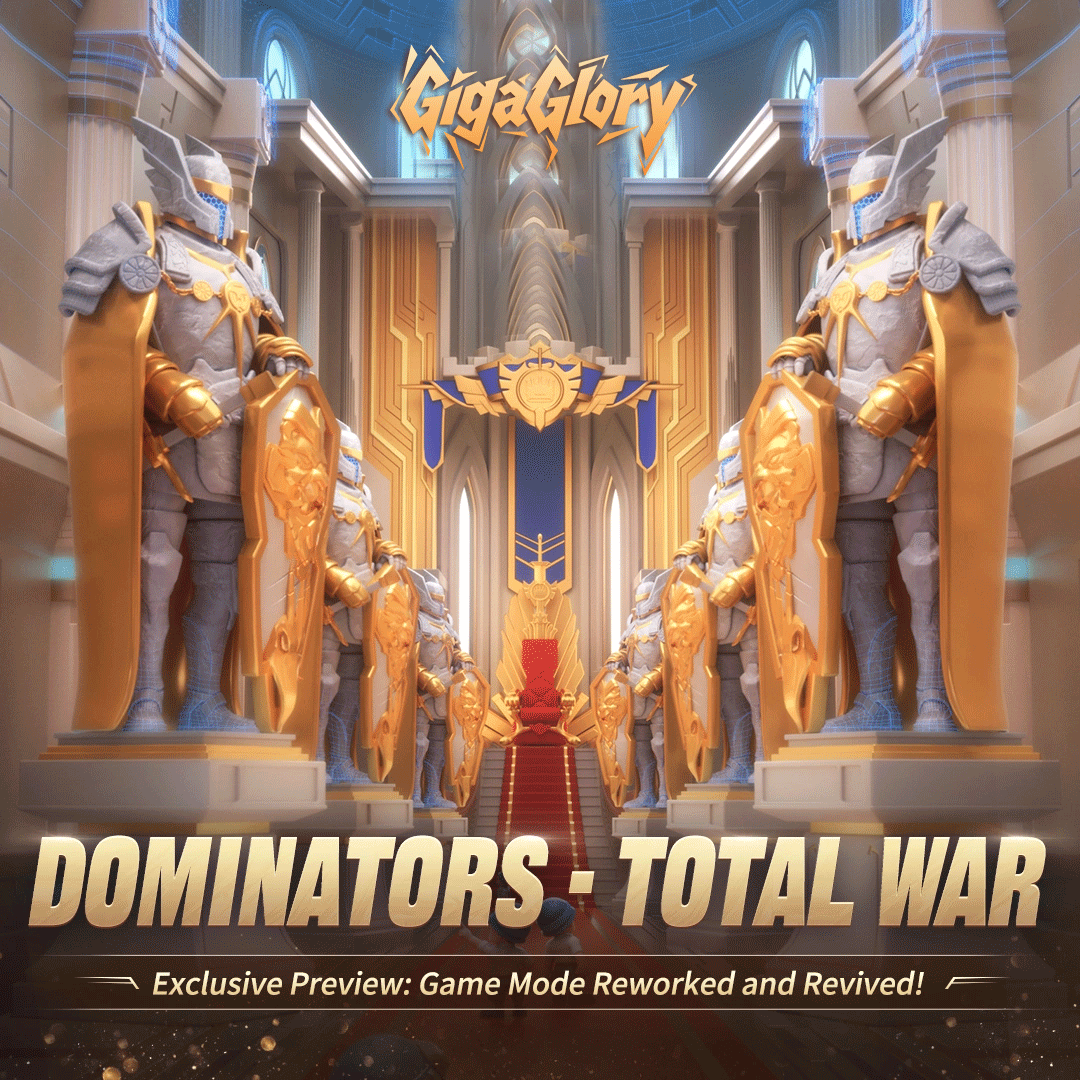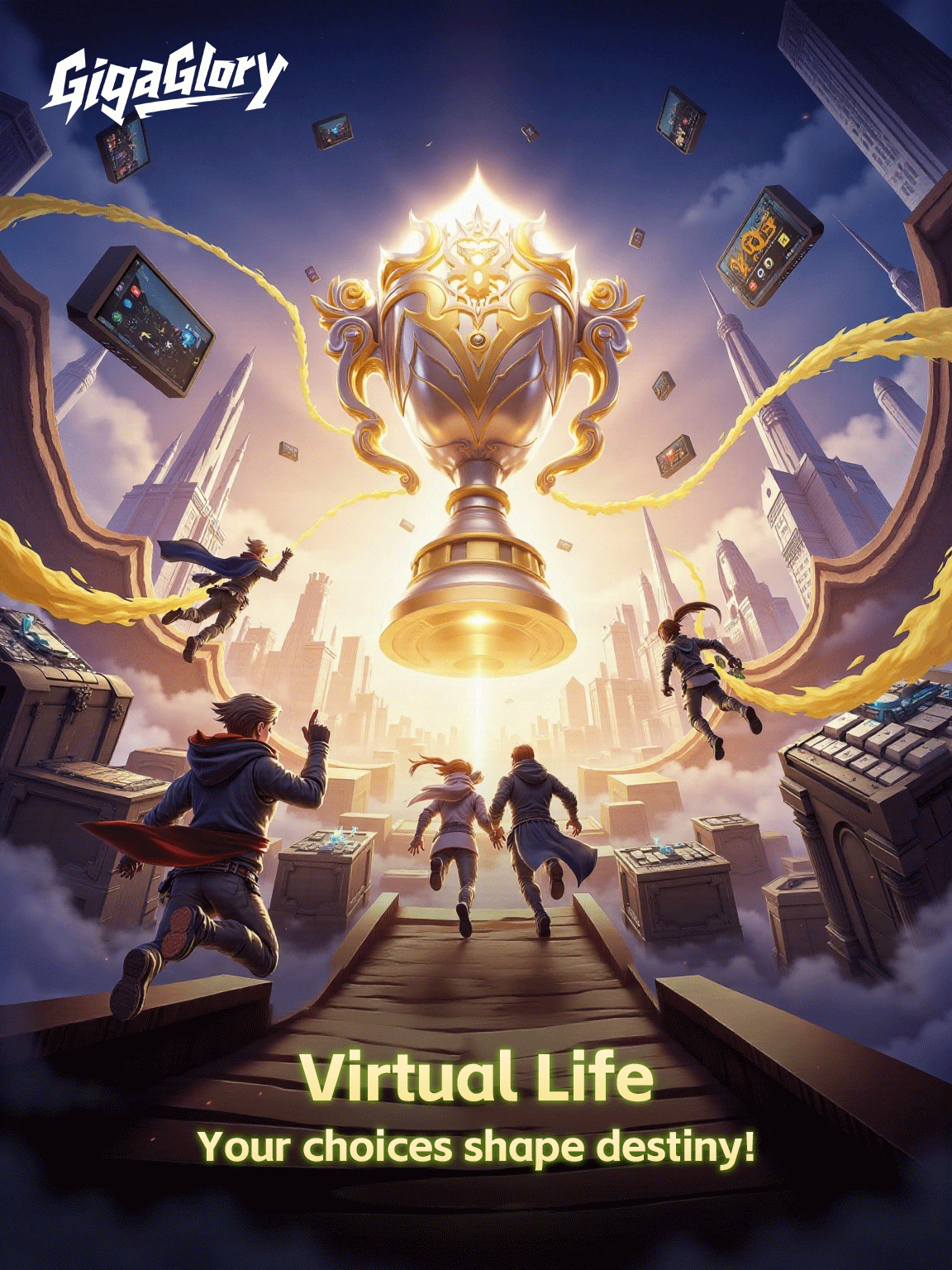Exploring the Benefits of Open World Educational Games for Learning
Open world educational games are becoming increasingly popular in the realm of academia and beyond. These games offer a unique approach to learning, merging entertainment with education in innovative ways. They’re not only captivating but also have the potential to enhance the educational experience significantly. Let's dive into why these kinds of games are so beneficial for learners today.
The Concept of Open World Games
Open world games allow players to roam freely within a vast virtual environment. This genre often emphasizes exploration and discovery, giving players the autonomy to choose their paths. When it comes to educational games, this design principle can create immersive learning experiences. For example, games like Metro Kingdom Power Plant Puzzle command attention by embedding real-world challenges in captivating narratives. Players are not just passive learners; they actively engage with the content, which enhances retention of knowledge.
Benefits of Educational Games
There are several compelling benefits associated with open world educational games:
- Engagement: These games capture interest through interactive gameplay, making learning enjoyable rather than a chore.
- Problem Solving: Players encounter puzzles and challenges that require critical thinking, fostering problem-solving skills.
- Collaboration: Many games encourage teamwork, helping students develop vital social skills while working towards common goals.
- Adaptability: Open world games can cater to different learning styles, allowing learners to progress at their own pace.
Real-World Applications
One notable aspect of educational games is their ability to simulate real-world scenarios. The Delta Task Force is an example of a game that applies tactical experiences to enhance learning. Here’s a quick overview:
| Game Feature | Description |
|---|---|
| Task-oriented Missions | Players are assigned missions that mimic real-life situations thereby enhancing critical decision-making. |
| Realistic Environments | Games create detailed settings, allowing for an immersive learning atmosphere. |
| Feedback Mechanism | Instant feedback enhances learning efficiency by allowing players to adjust their strategies immediately. |
Enhancing Learning Through Collaboration and Competition
Furthermore, open world games often blend competition with collaboration. Players can either compete against one another or work together to achieve shared objectives. This aspect nurtures a sense of community, motivating participants to engage more fully in their learning. Here are key points to consider about collaboration and competition in educational settings:
- Motivation: Competitive elements encourage students to strive for improvement.
- Shared Knowledge: Working together leads to richer learning experiences as players share insights and strategies.
- Conflict Resolution: Players learn to negotiate and resolve conflicts, valuable skills in both personal and professional realms.
Conclusion
In conclusion, open world educational games present a compelling way to learn. They blend narrative richness, engagement, and practical application of knowledge in ways traditional educational methods may fall short. Whether players are solving puzzles in the Metro Kingdom Power Plant or strategizing in the Delta Task Force game, they are not just gaming; they are actively shaping their learning journeys. Embracing these innovative tools can undoubtedly make education more effective, exciting, and accessible for learners everywhere.



